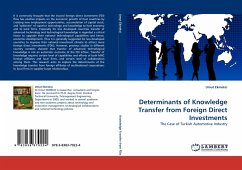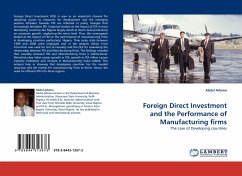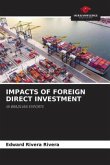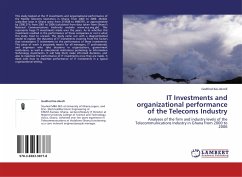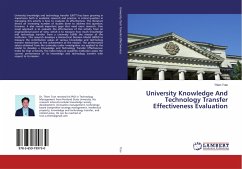It is commonly thought that the inward foreign direct investment (FDI) flow has positive impacts on the economic growth of host countries by creating new employment opportunities, accumulation of capital stock, and "spillovers" of superior technology and knowledge to host economy and to local firms. Especially for less developed countries transfer of advanced technology and technological knowledge is regarded a critical factor to upgrade their national technological capabilities and hence, economic development. Thus it is generally suggested for less developed countries to improve their national investment climate to attract more foreign direct investments (FDIs). However, previous studies in different country contexts showed that transfer of advanced technological knowledge is not an automatic outcome of the FDI inflow. Transfer of knowledge requires certain level of capabilities and efforts of both MNC foreign affiliates and local firms, and certain level of collaboration amongthem. This research aims to explore the determinants of the knowledge transfer from foreign affiliates of multinational corporations to local firms in supplier-buyer relationships.
Bitte wählen Sie Ihr Anliegen aus.
Rechnungen
Retourenschein anfordern
Bestellstatus
Storno

